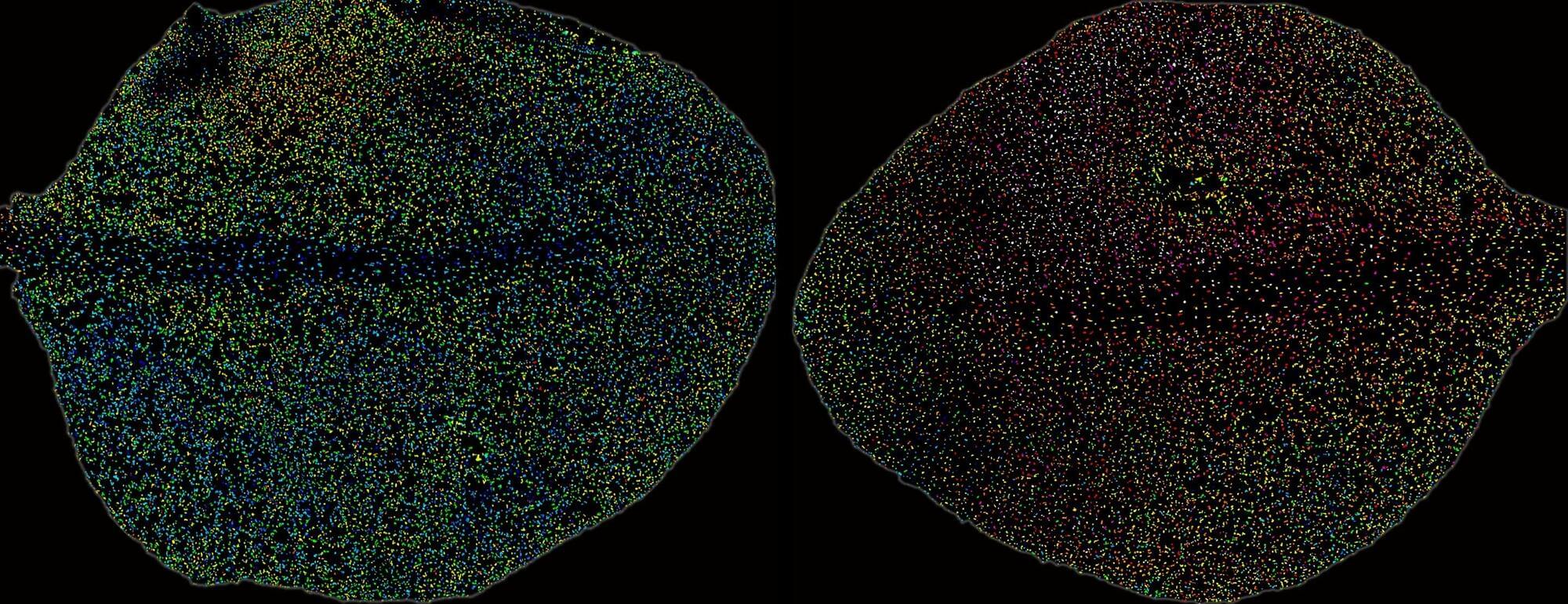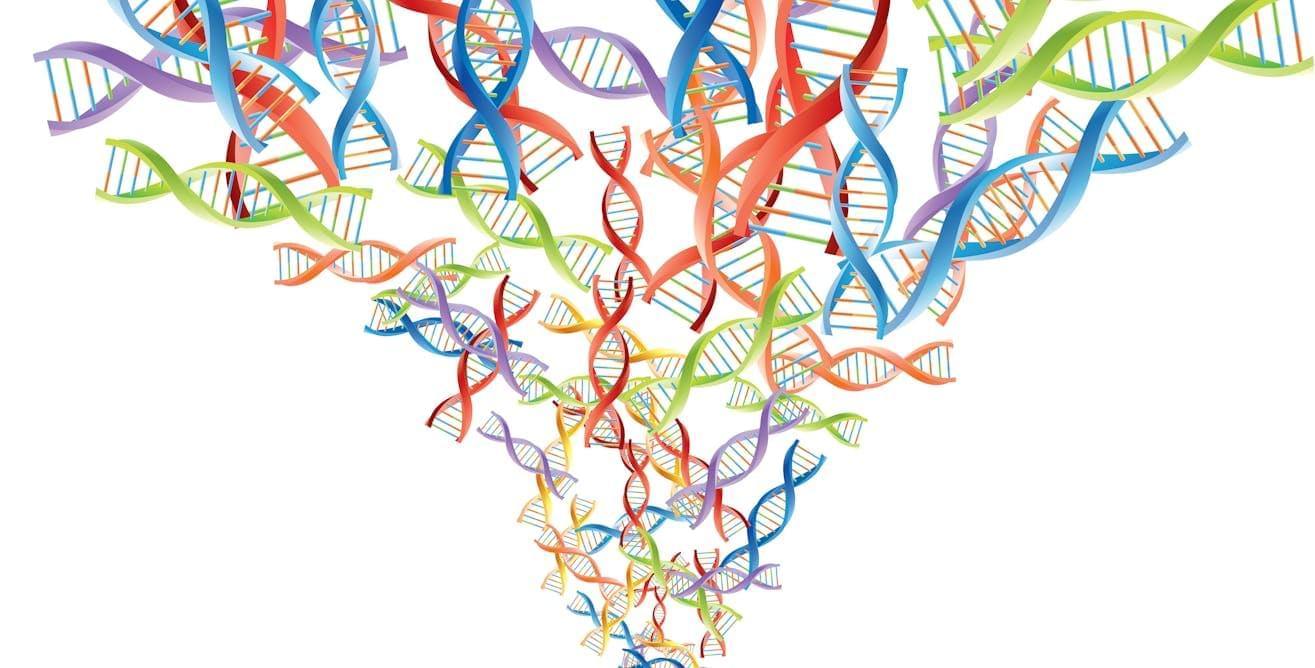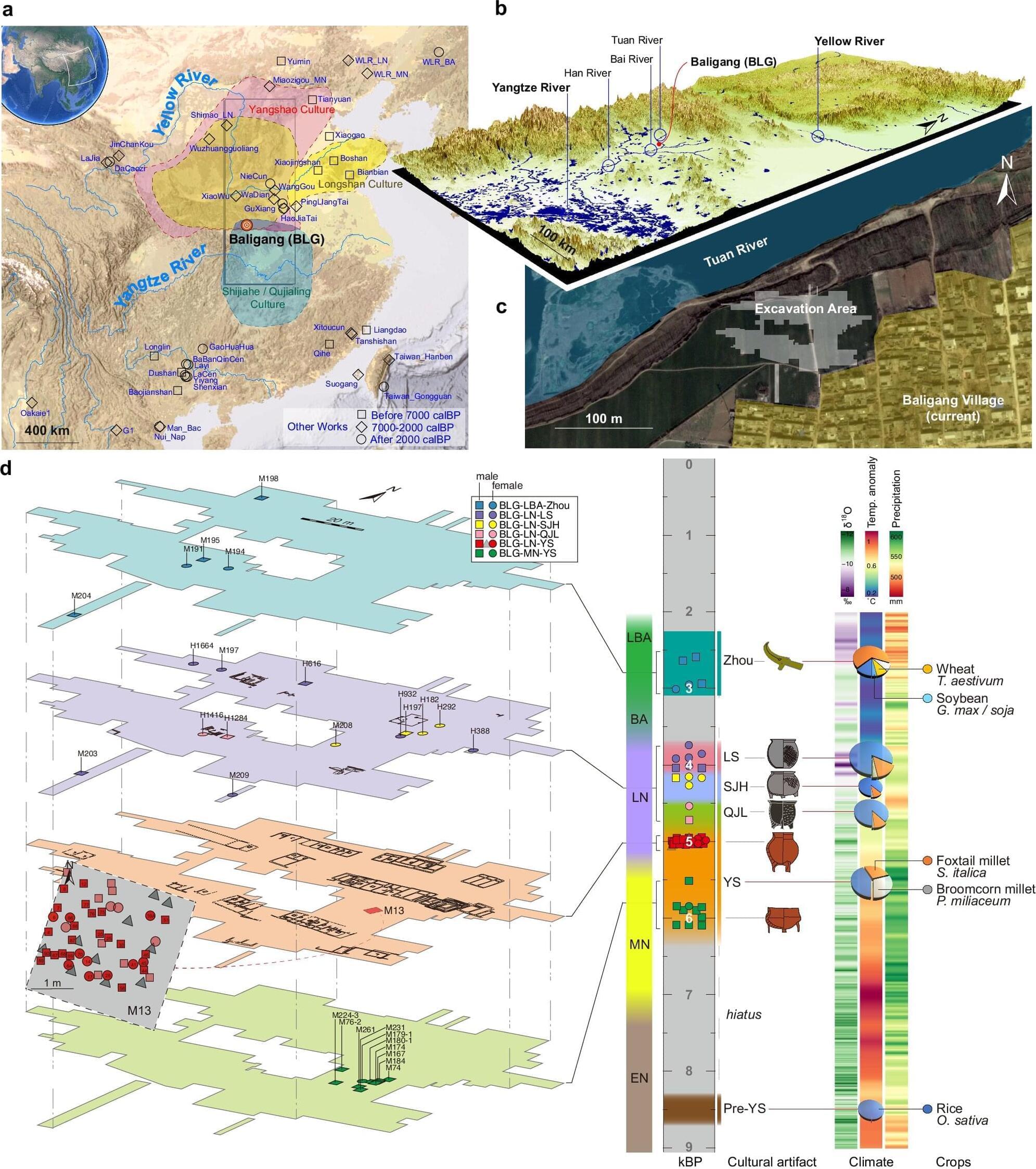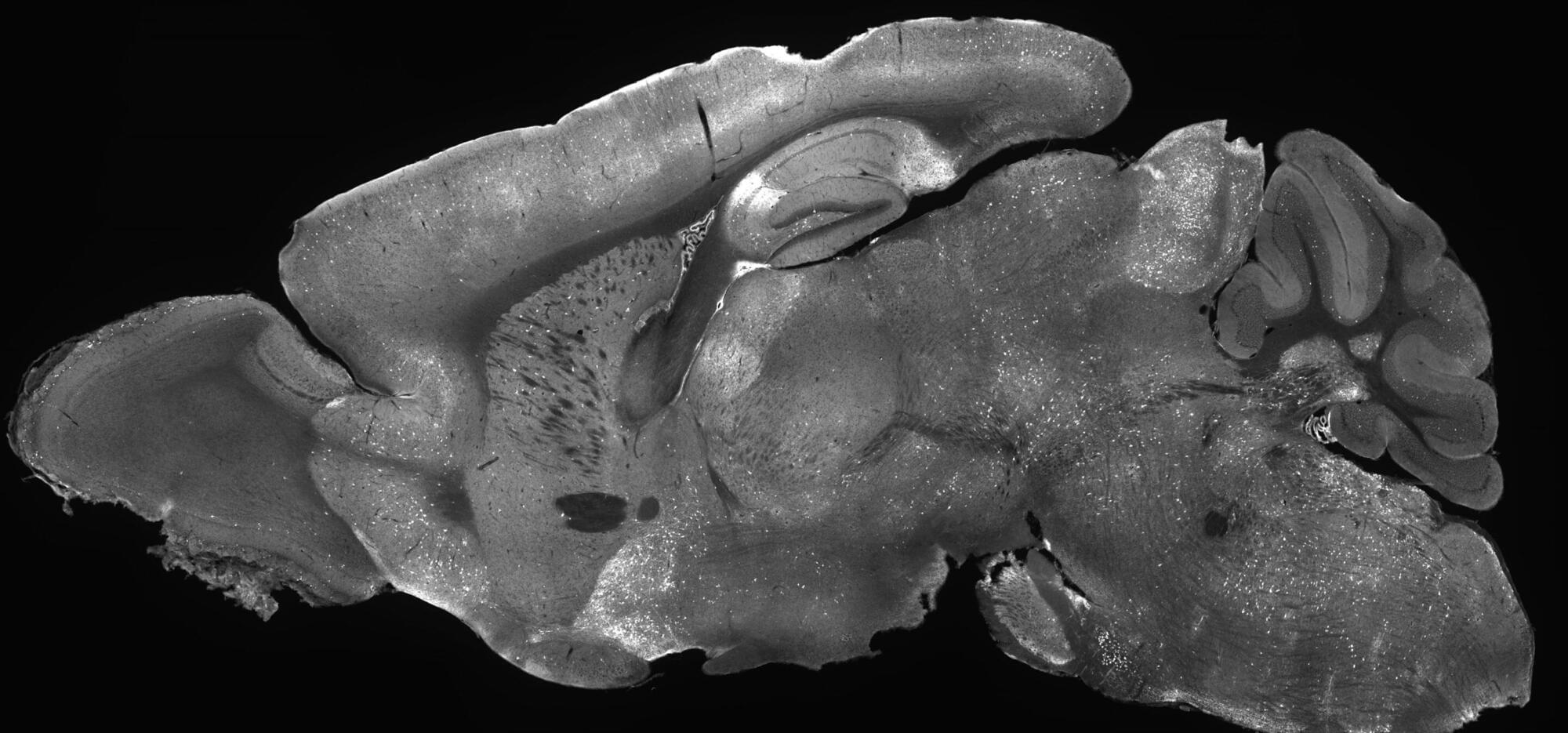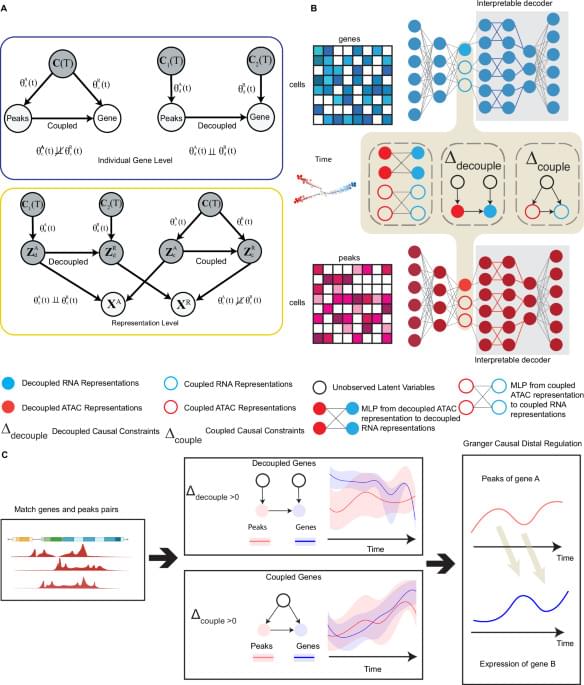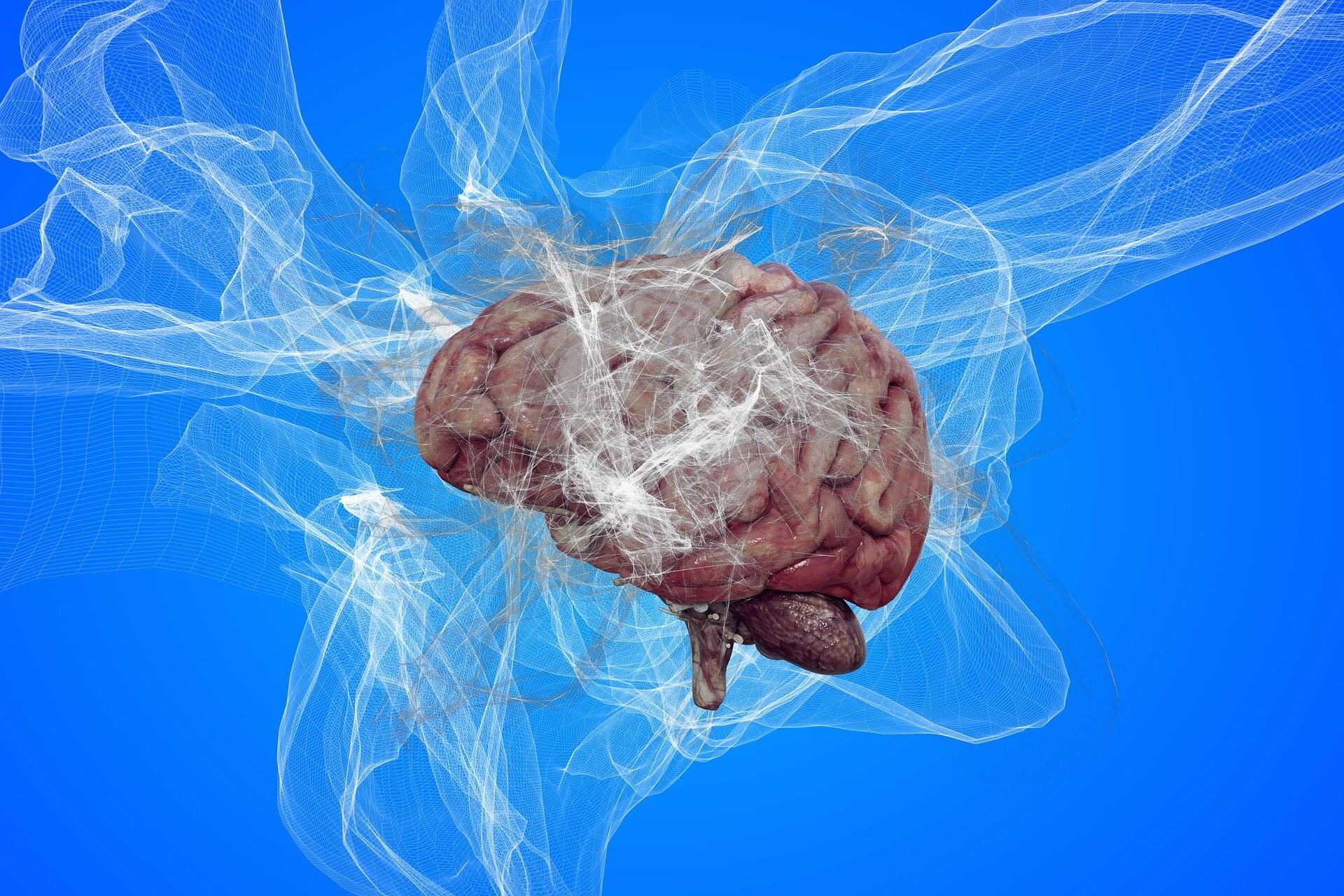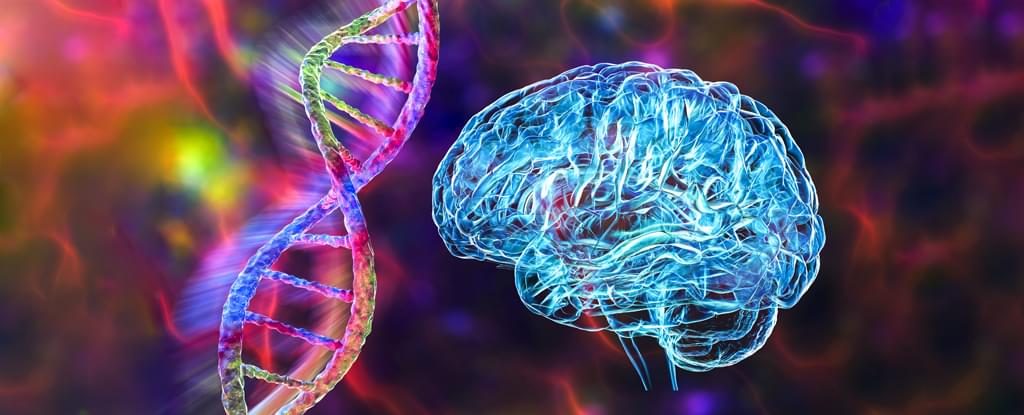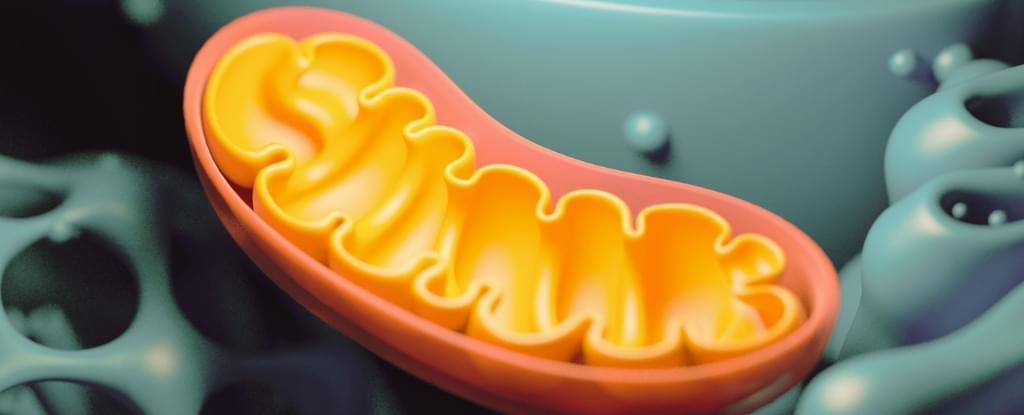From willow bark remedies to aspirin tablets, salicylic acid has long been part of human health. It also lies at the heart of how plants fight disease. Now, researchers at the University of Cambridge have developed a pioneering biosensor that allows scientists to watch, for the first time, how plants deploy this critical immune hormone in their battle against pathogens.
Published in Science, Dr. Alexander Jones’s group at the Sainsbury Laboratory, Cambridge University (SLCU) presents SalicS1, a genetically encoded biosensor that can detect and track the dynamics of the plant immune hormone salicylic acid (SA) with exquisite precision inside living plants.
Salicylic acid is a central regulator of plant immunity, triggering defense responses against a huge diversity of invaders. Until now, however, scientists have lacked the tools to measure SA at high enough spatial and temporal resolution to understand how plants balance growth with immune defense.
